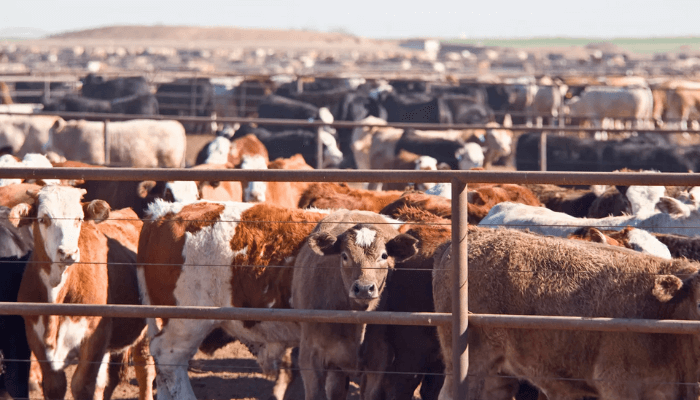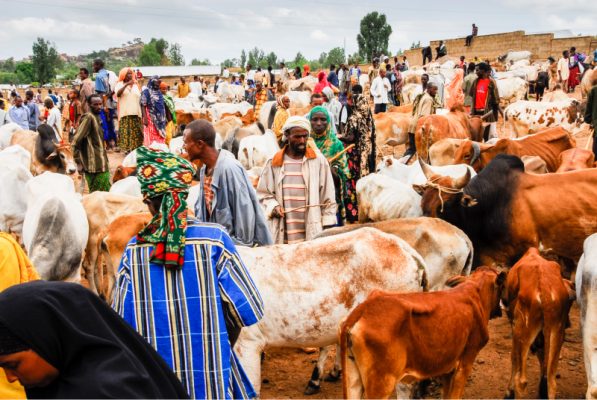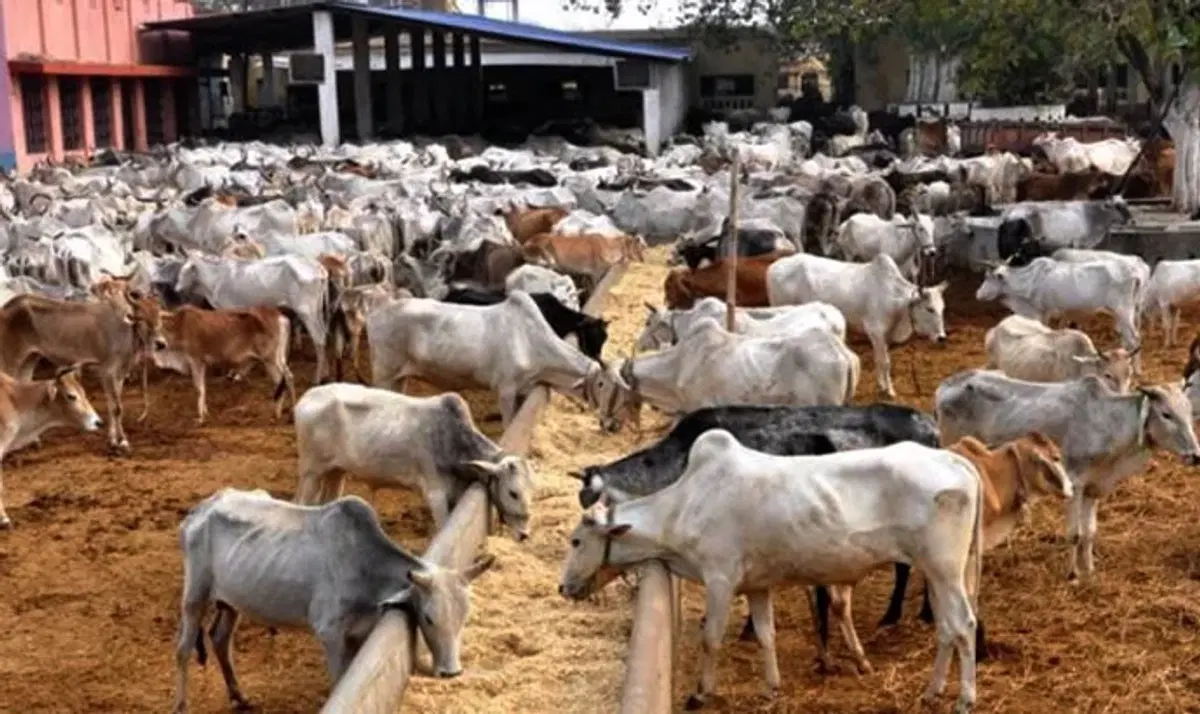Things are looking up for Nigeria in the area of livestock development. And this is coming at a time that efforts of the federal government are being complemented by relevant bodies at home and in the African continent. The latest benefit is coming from the African Union-InterAfrican Bureau for Animal Resources (AU-IBAR),which is working to strengthen feed and fodder supply resilience in Nigeria and other African countries. The AU-IBAR will do this through its Resilient African Feed and Fodder Systems (RAFFS) Project. That was revealed by Dr. Laban MacOpiyo, Animal Production Expert at AU-IBAR, who said that Nigeria’s feed and fodder sector offers significant investment opportunities.
To start with, the Federal Ministry of Livestock Development received the National Feed Inventory Database and Dashboard for livestock transformation in Nigeria. The Minister of Livestock Development, Idi Mukhtar Maiha, described the initiative as a “game-changer” in feed sector management, with potential to drive investment, improve productivity, and strengthen the resilience of livestock farmers nationwide.
The Feed Database and Interactive Dashboard is expected to empower farmers, policymakers, researchers, and private sector stakeholders with tools to make informed decisions and plan strategically. The initiative aims to create a vibrant feed and fodder industry that supports national food security and positions Nigeria as a livestock powerhouse in Africa.
The advantages offered by the RAFFS Project include improvement in data and coordination in the livestock feed sector, promotion of innovative solutions to feed shortages, and the building of partnerships that enhance food security and livelihoods. According to MacOpiyo, this will address Nigeria’s 10% deficit in feed and fodder, where distribution is the biggest challenge.
What does that mean for the country? Harnessing the potential of its feed and fodder resources will make Nigeria to reduce reliance on imports, increase the income of livestock farmers, and enhance the overall competitiveness of its livestock sector.












